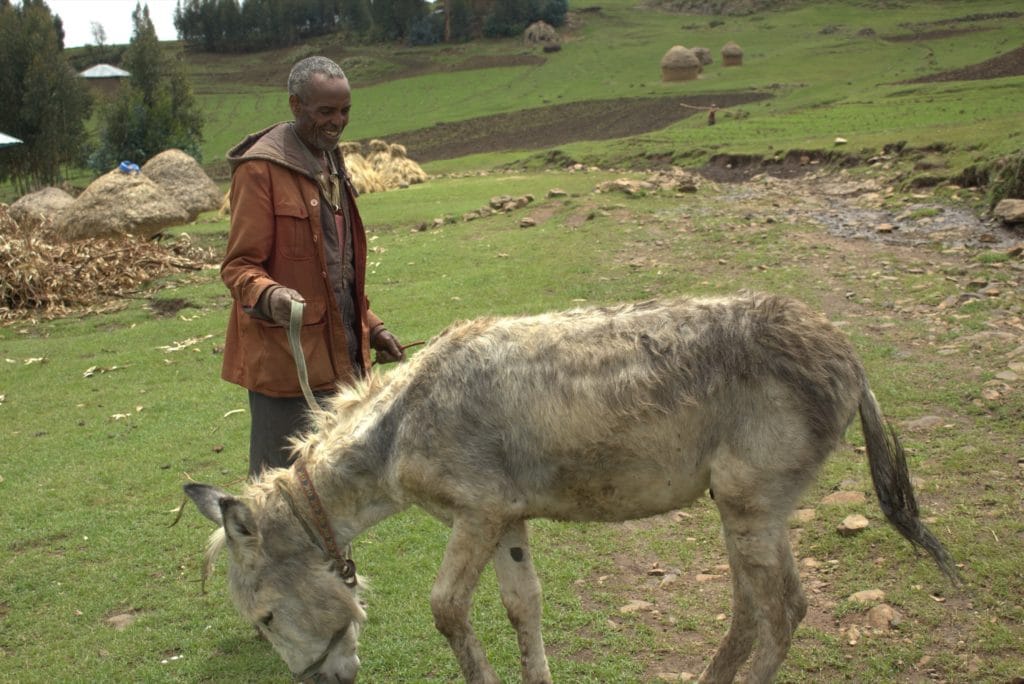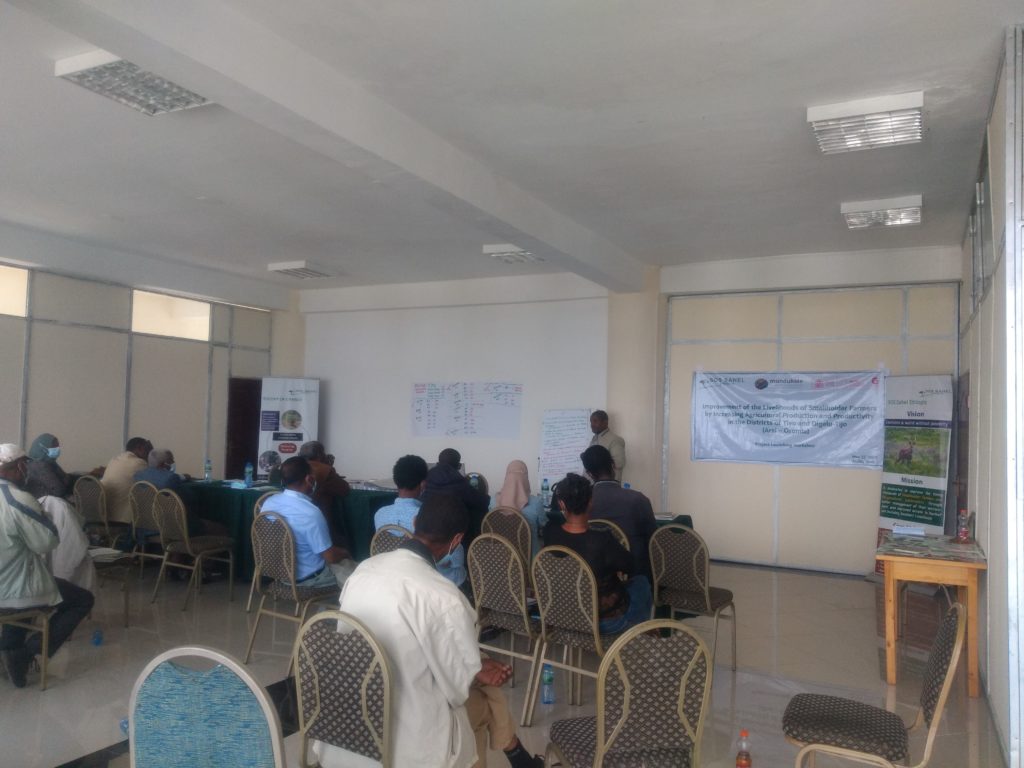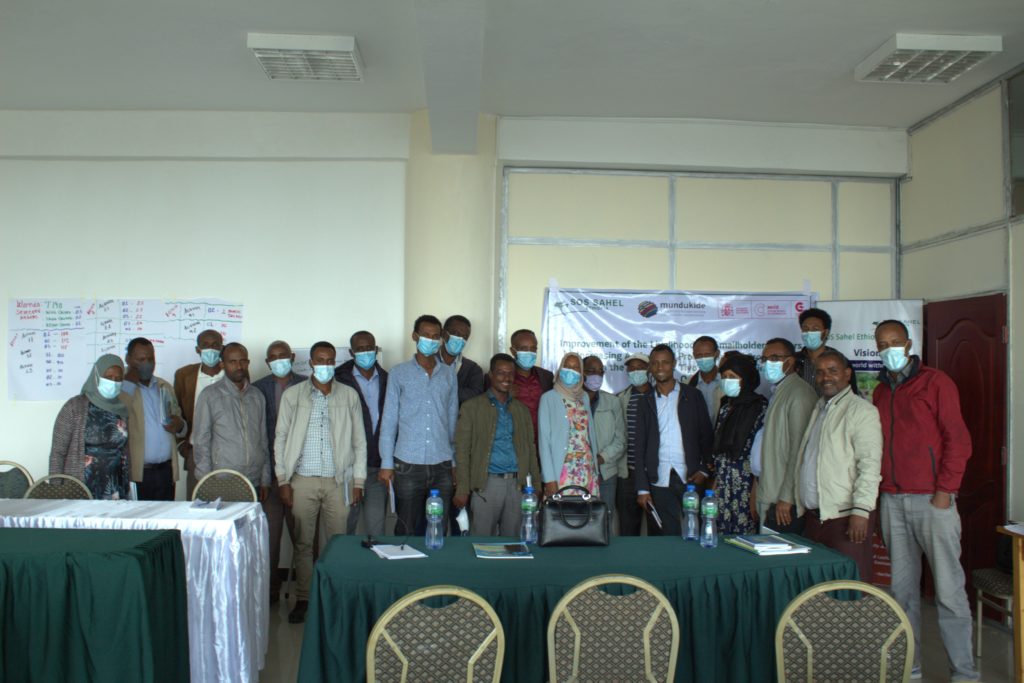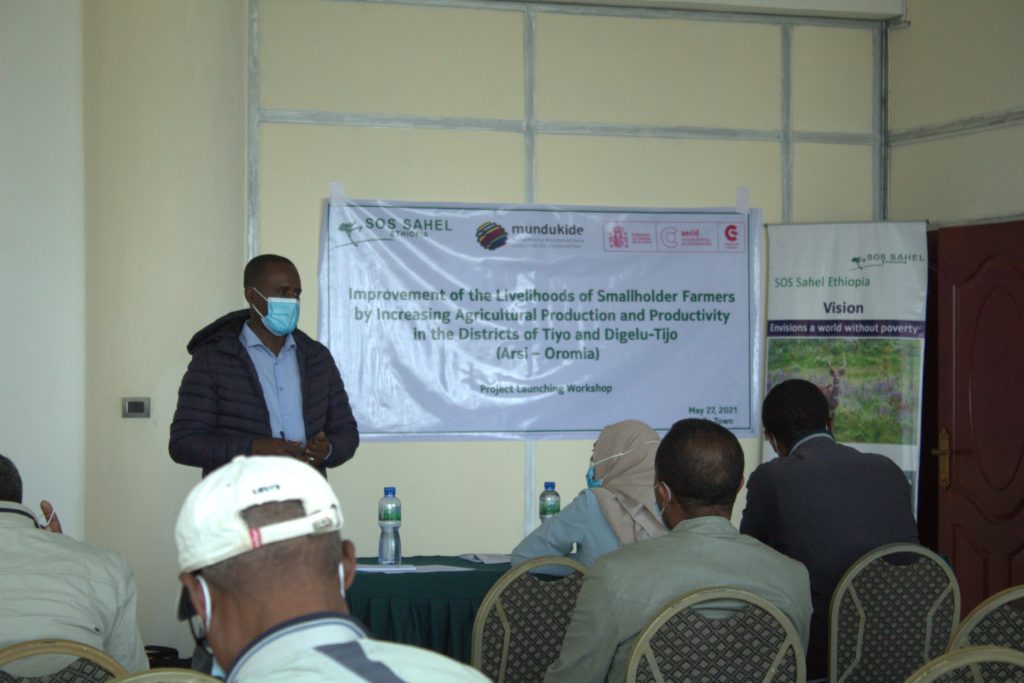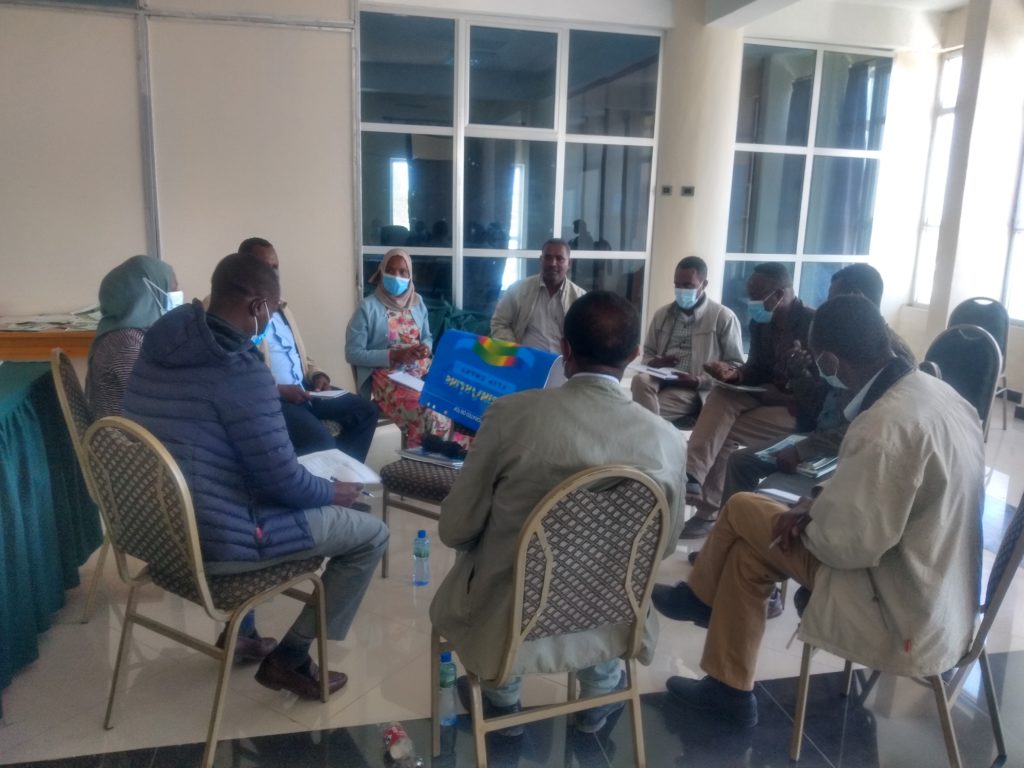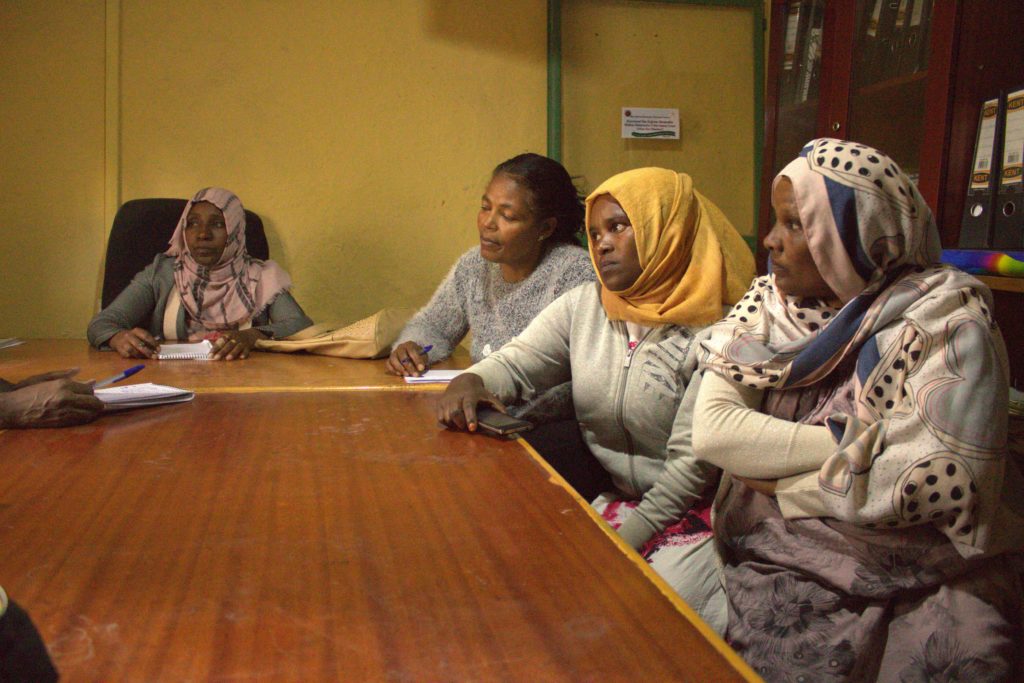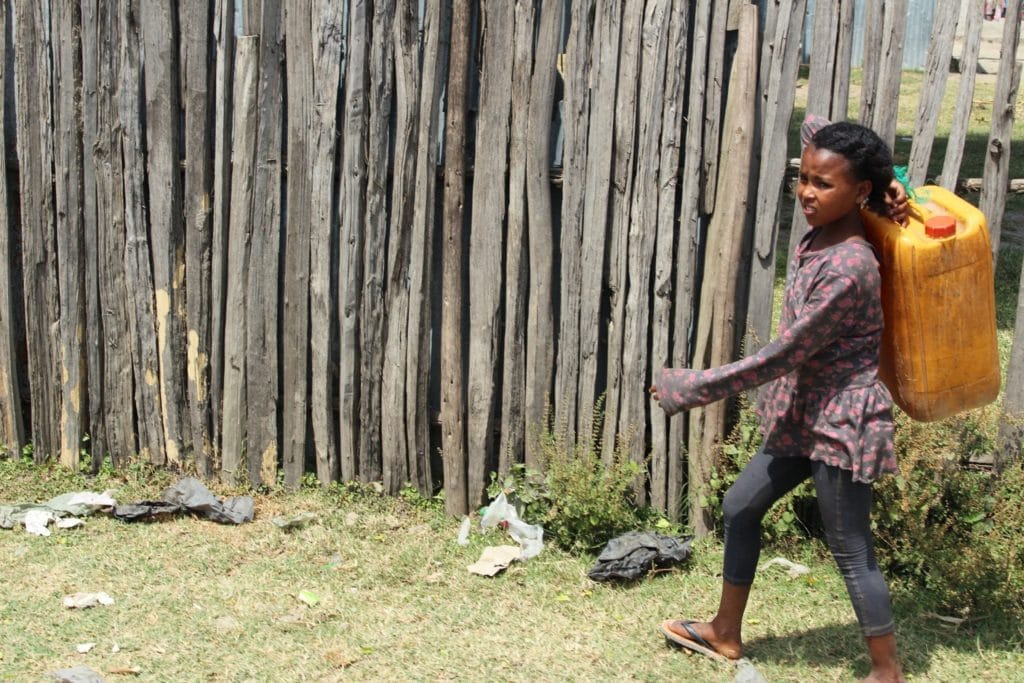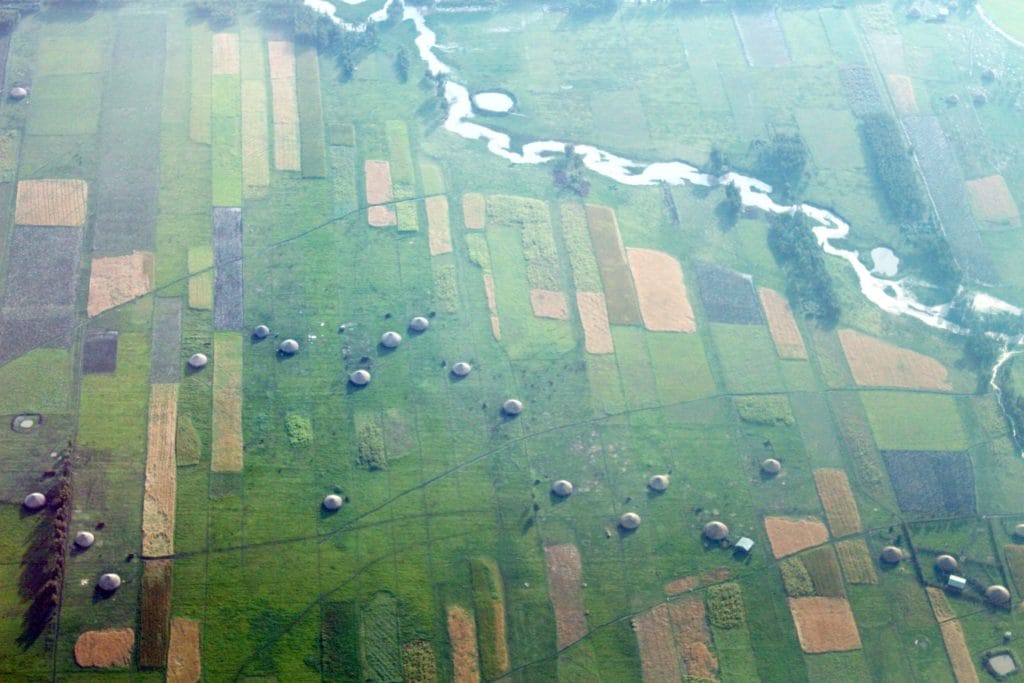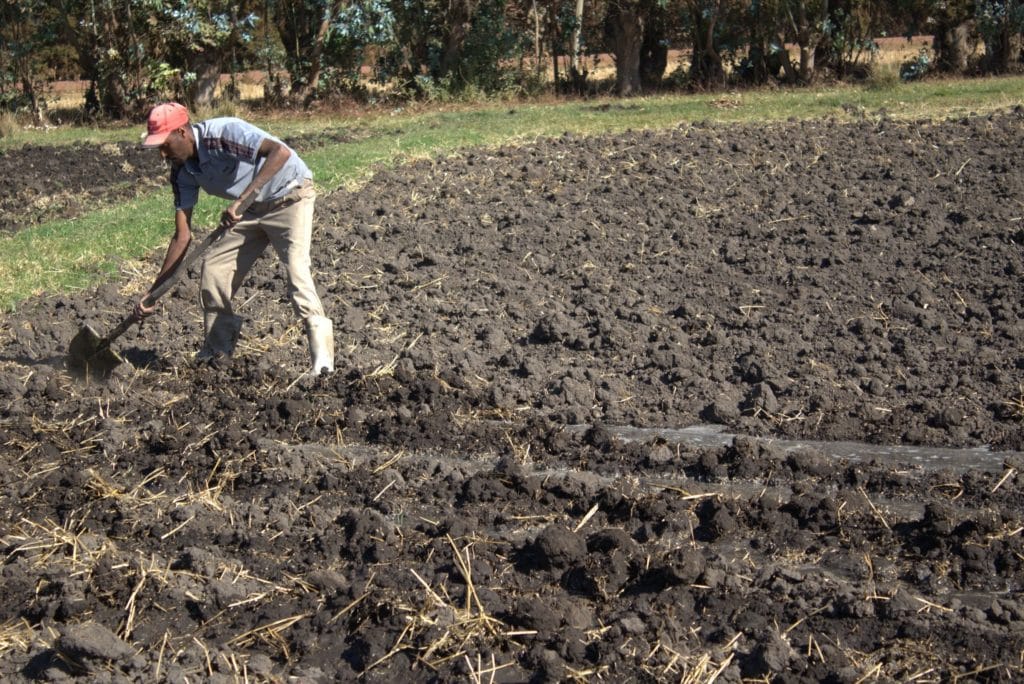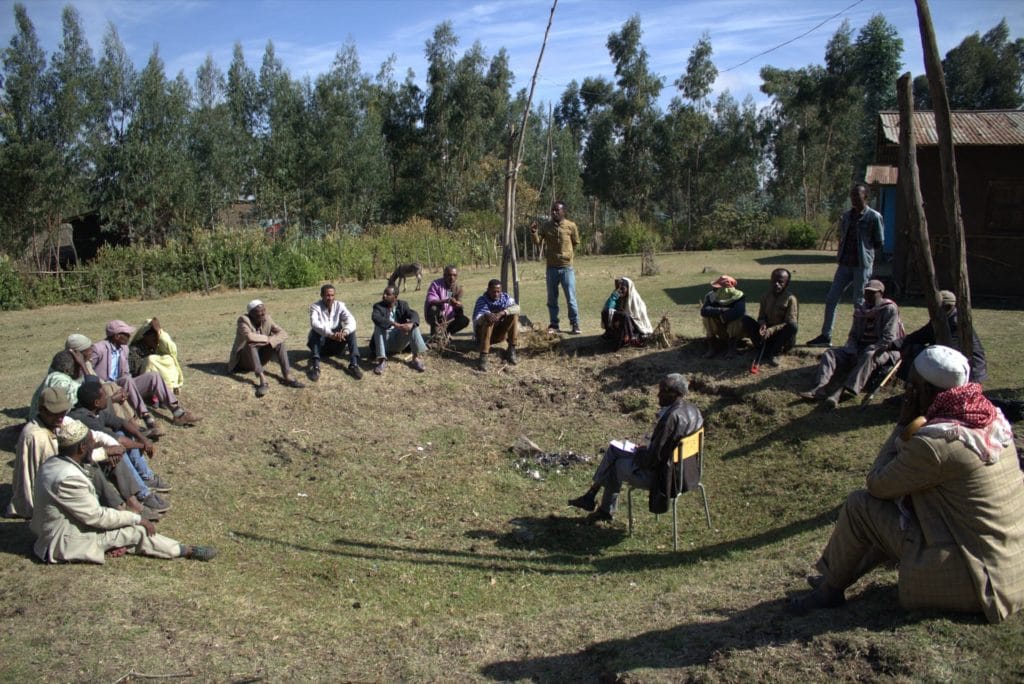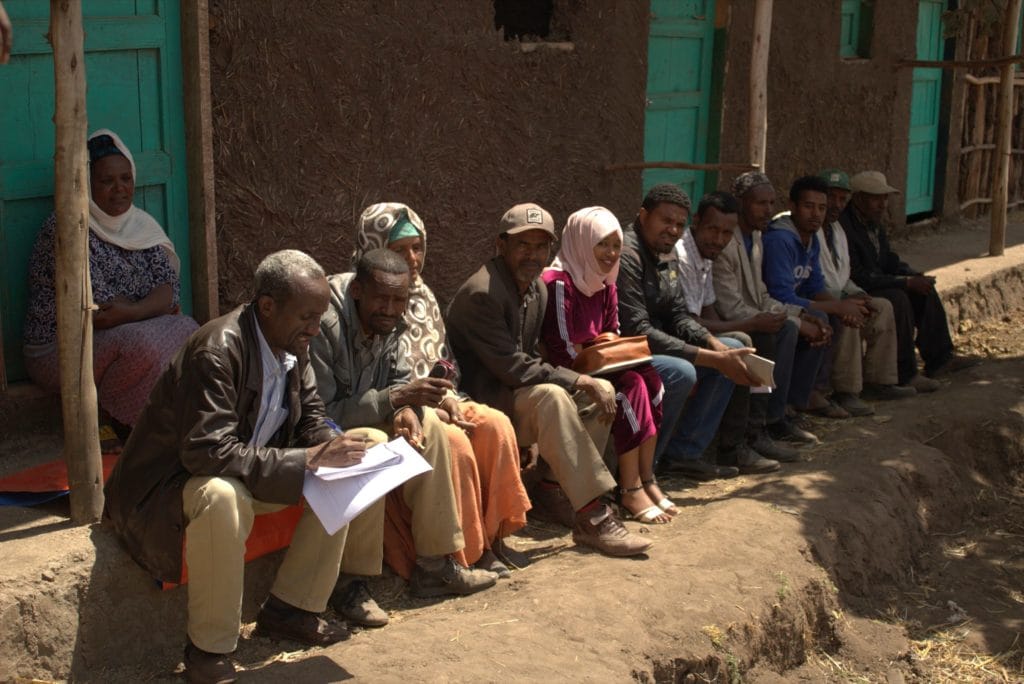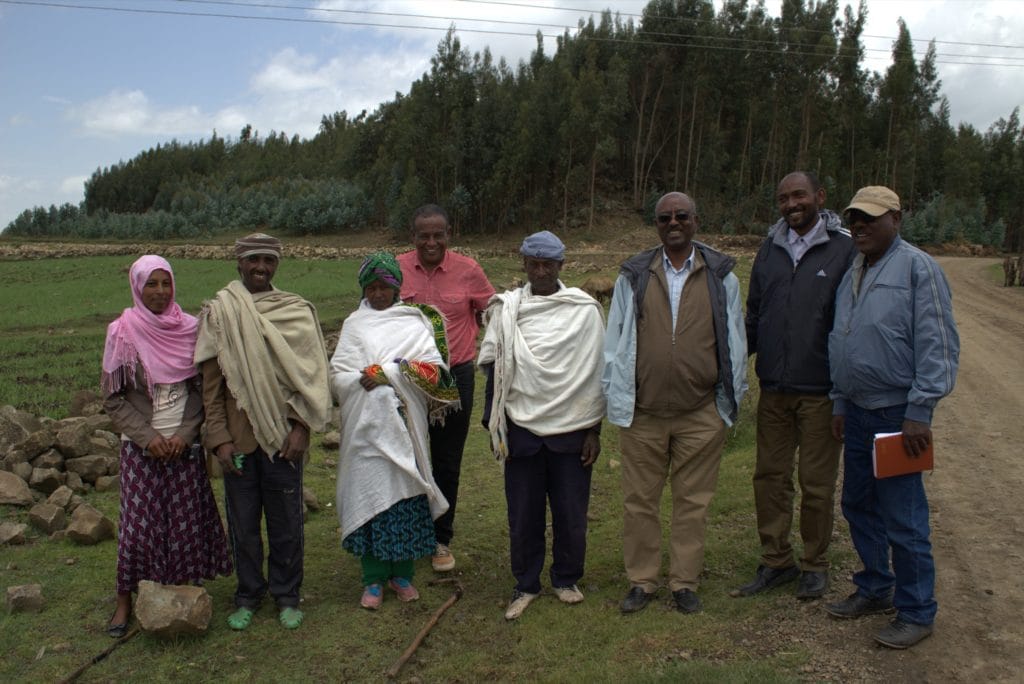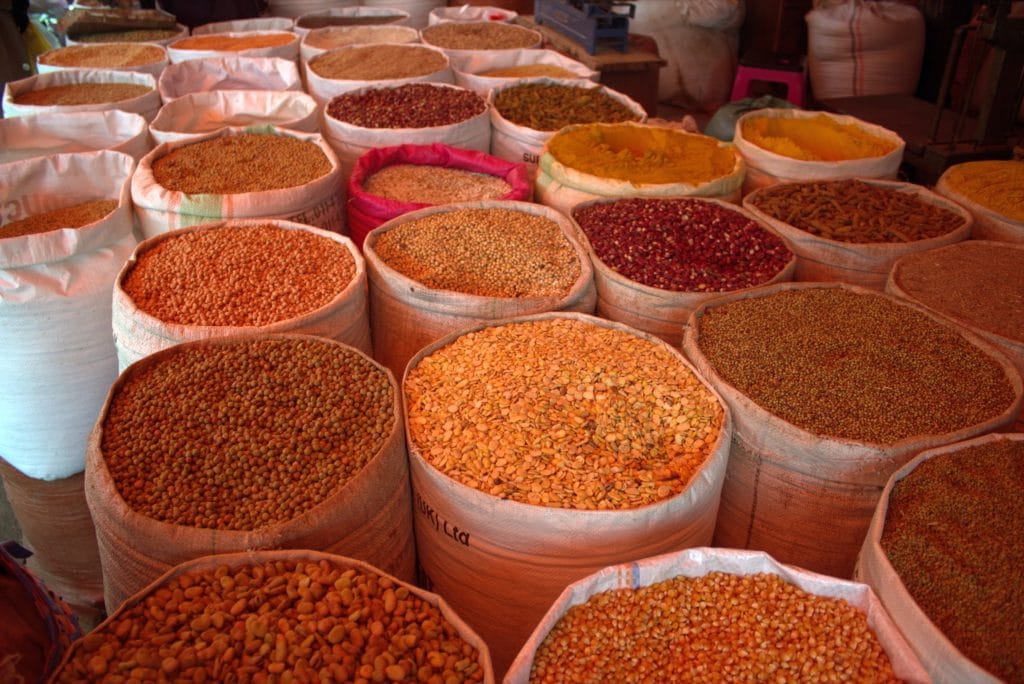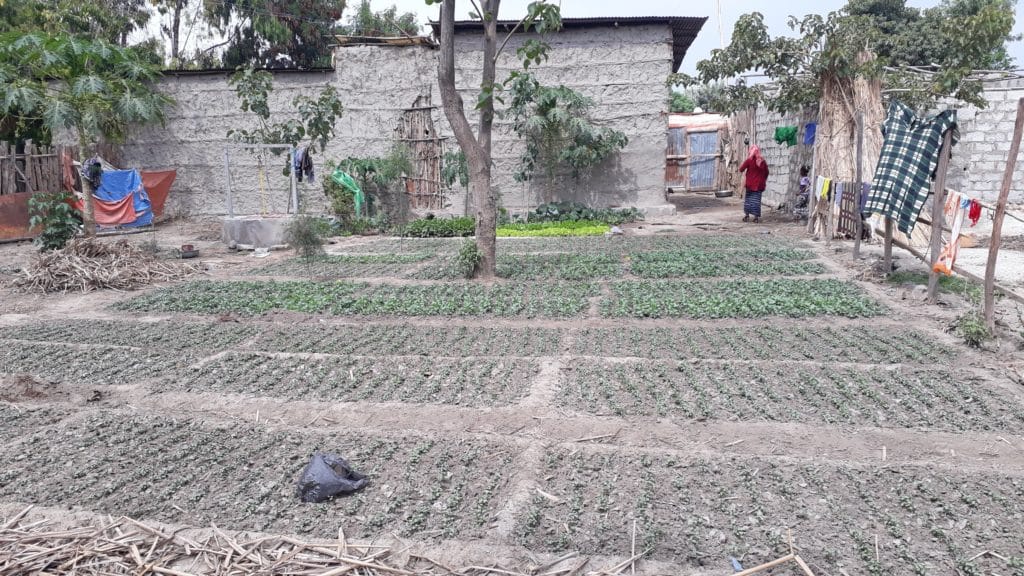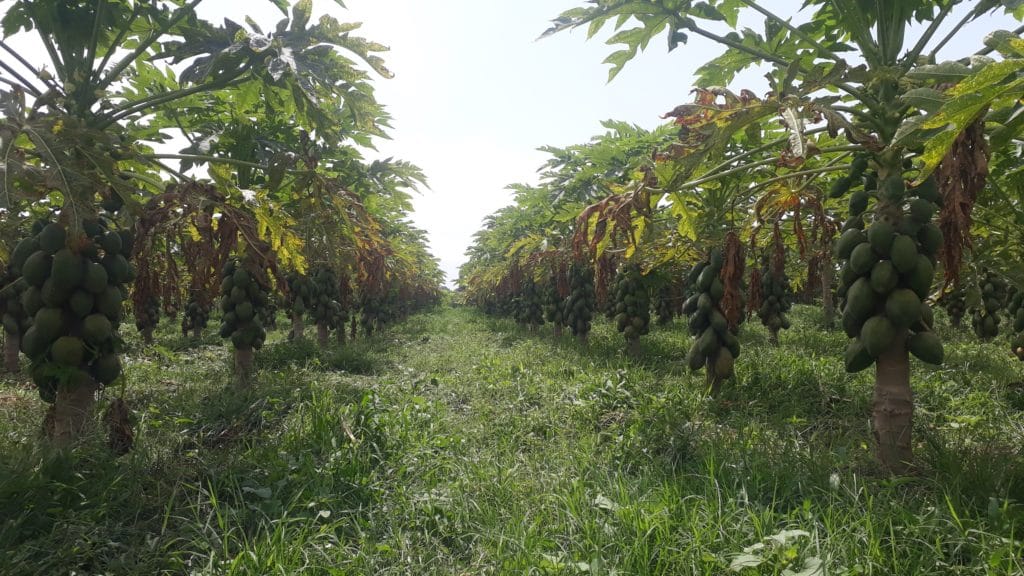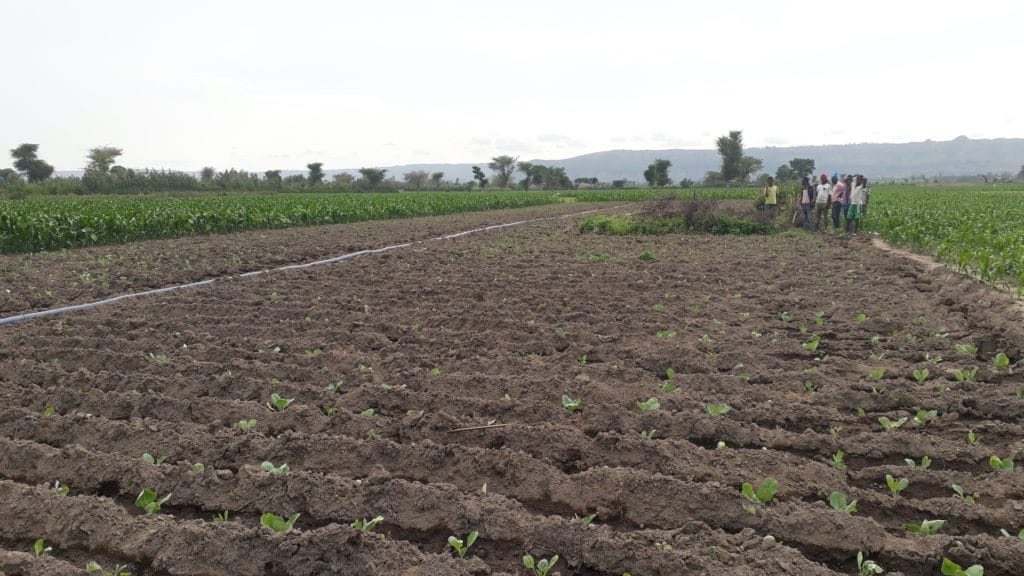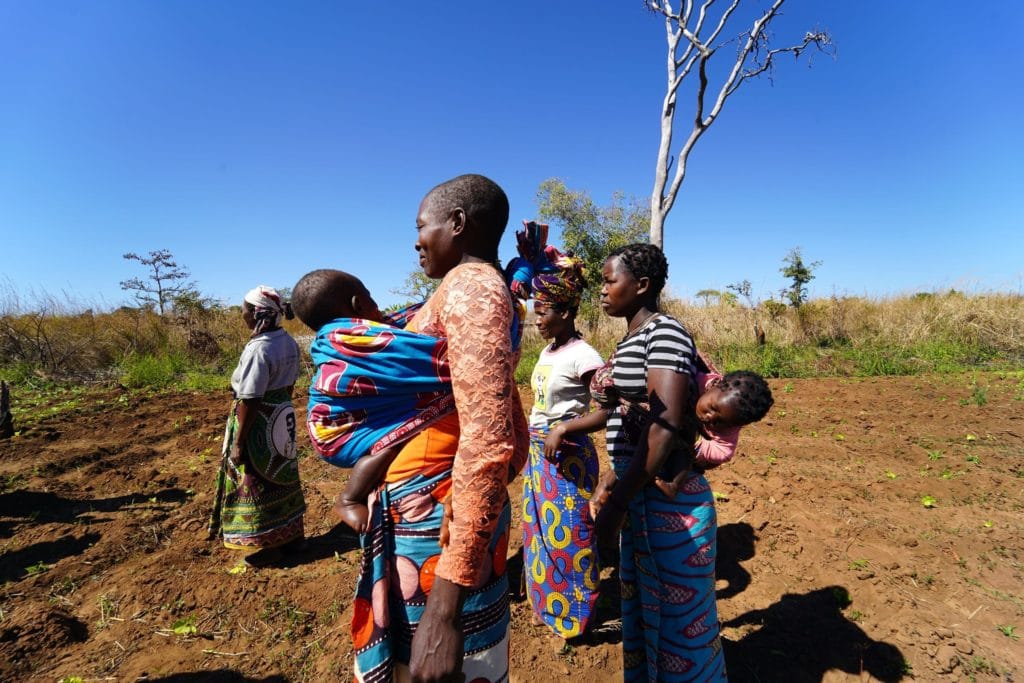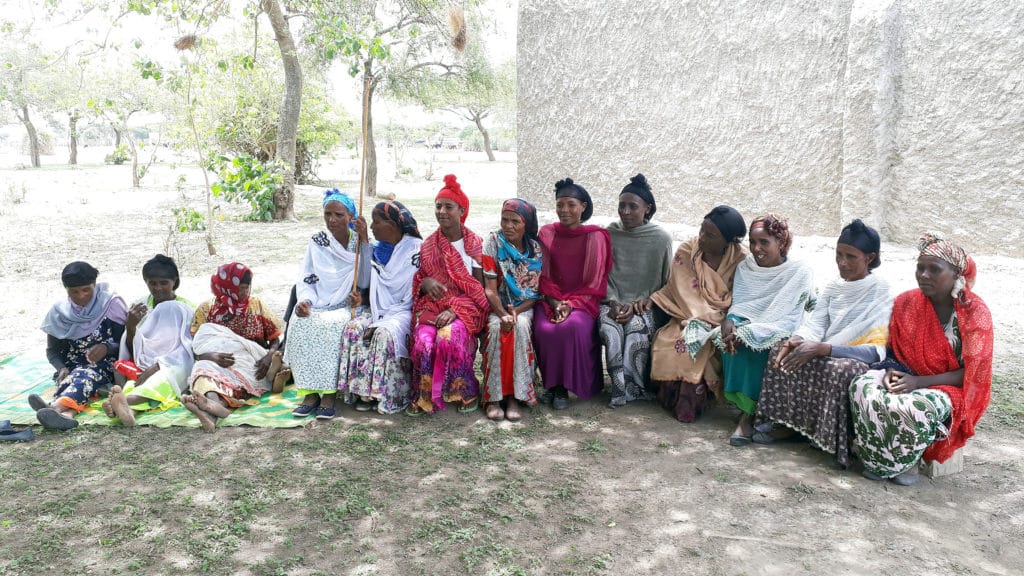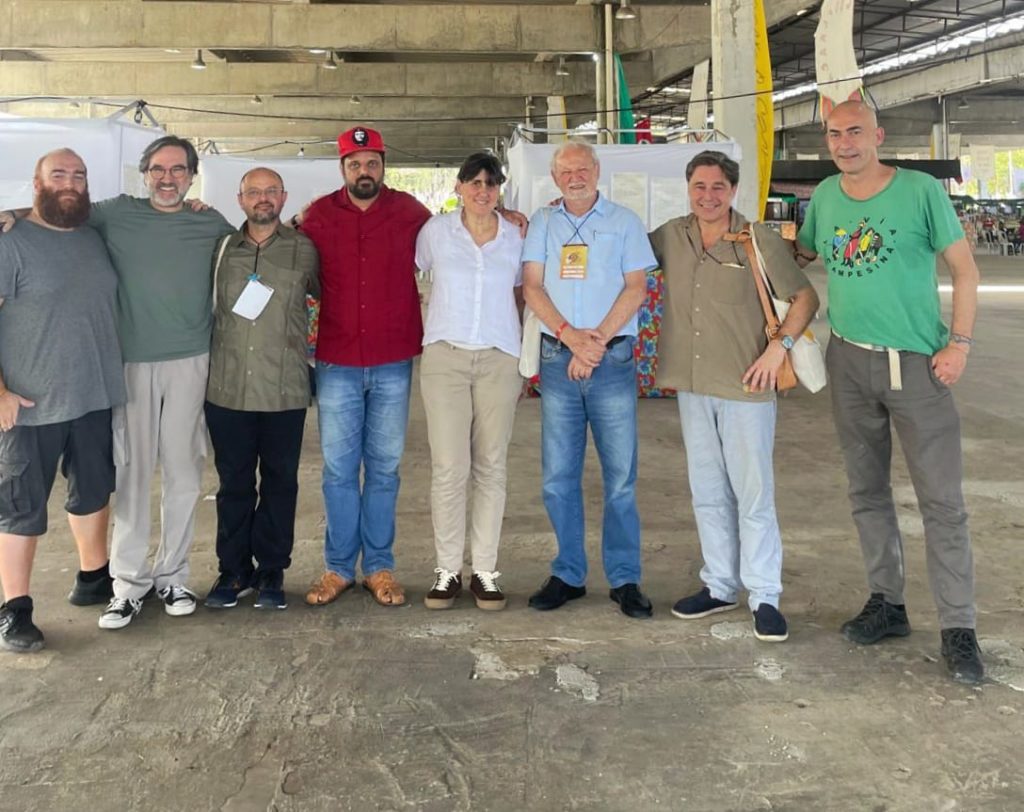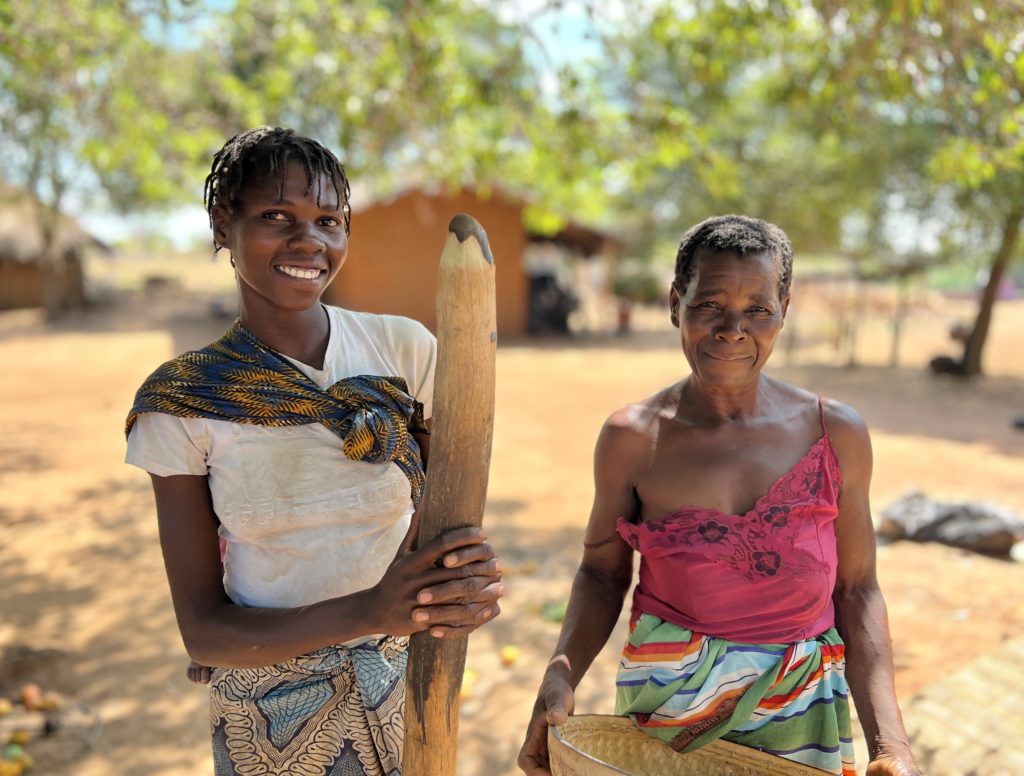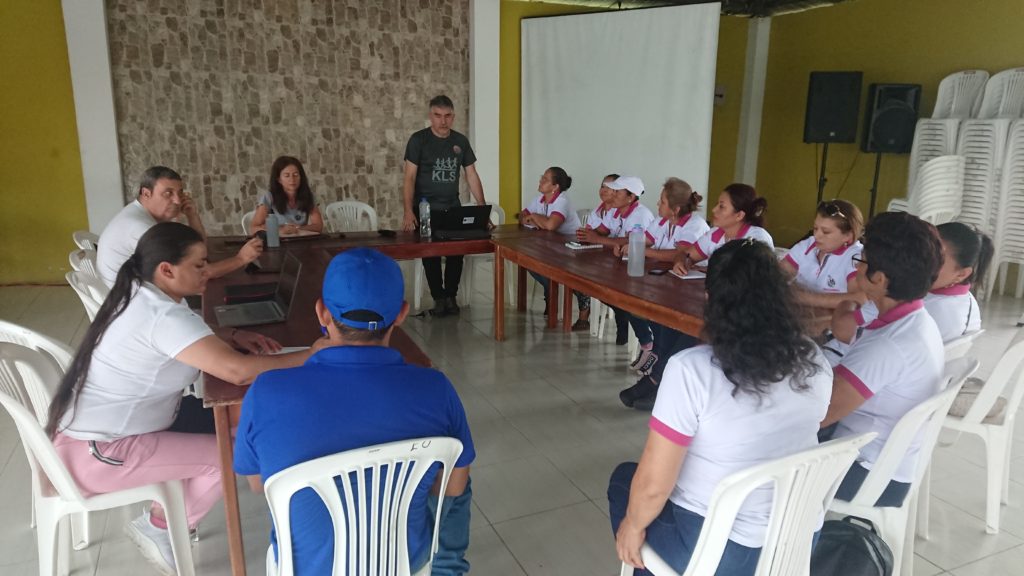After more than 2 years of work to identify the appropriate places of action, collaborating partners, type and dimensions of production and endless details so that the management plan deviates as little as possible, more than 20 people have come to the presentation of the new cooperation program in Ethiopia.
On the 21st of last month, we presented our cooperation project to the authorities of the Arsi province and to the offices corresponding to the departments with which we are going to work: agriculture, finance, cooperatives and the women’s office of the region, province and locality. These departments have been the ones that have allowed us to work here, giving us authorization and letters of recommendation.
The project has been very well received and they have helped us to select the places where we want to work, such as the agriculture departments of the two localities (Tiyo and Digelu-Tijo) that provided us with all the necessary help both for the identification of the counties as well as for the selection of peasants and the pertinent formations in the future.
From now on, the 6 local people on our team will be in charge of contacting the agricultural communities and starting the selection and reception of producers in coordination with the agronomist that we have hired. This year the rains are being delayed, so we will prioritize the production of cereals and legumes and once established we will publicize the MDKD program, especially so that horticulturists and women in irrigation, poultry and fruit-bearing activities are selected to start with when the rains are over.
While the programme was based on Mozambique, the particularities of Ethiopia are very different. Therefore, we are starting with a more modest project, which will serve as a lesson for a more ambitious programme in the future, and with a long-term projection of 8-10 years. But the objective is the same: to further the development of a project that is sustainable over time.
In terms of agriculture, the idea is to improve cereal and legume cultivation in the rainy season, and much like Mozambique, introduce small-scale irrigation in the dry season. We also want to work on livestock production, focusing specifically on animal nutrition. This is a very important sector in Ethiopia, and therefore a strategic activity. Ethiopia is the country with the largest number of livestock in Africa.
